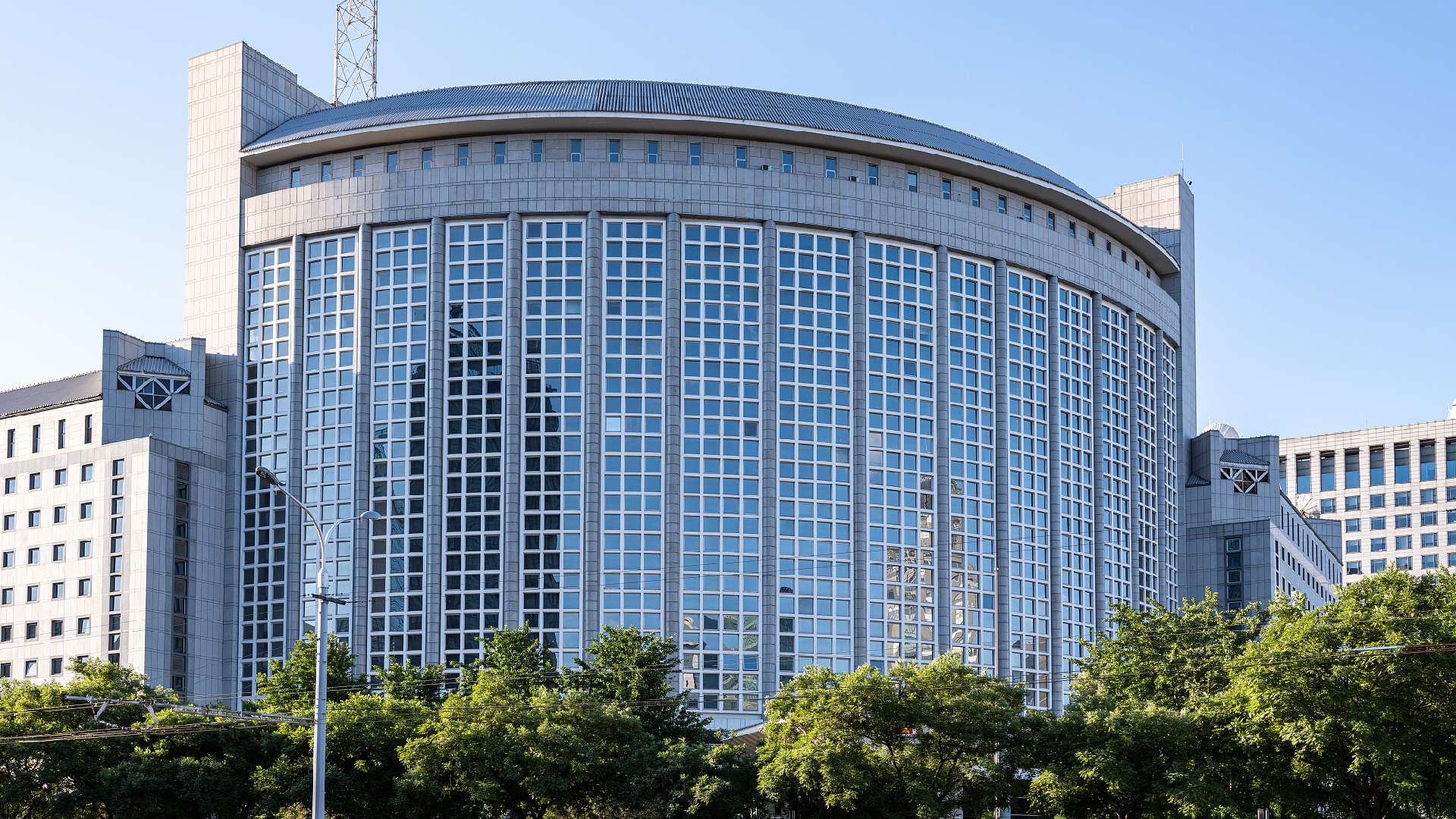China Denies Violating Geneva Talks Consensus Amid U.S. Accusations
Chinese Foreign Ministry spokesperson Lin Jian denounces U.S. claims of China violating Geneva trade consensus, calling for an end to disinformation.

Chinese Foreign Ministry spokesperson Lin Jian on Tuesday responded strongly to ongoing U.S. accusations that China has violated the consensus established during recent economic and trade talks between the two countries in Geneva. Addressing reporters at a regular press briefing, Lin categorically rejected what he described as "repeated unfounded claims," and called on the United States to cease disseminating disinformation regarding China's position and actions.
According to Lin, China has acted responsibly by taking the outcomes of the Geneva discussions seriously and striving to implement the agreements in a rigorous manner. He emphasized that the country remains committed to honoring the spirit of cooperation established at the talks, and dismissed suggestions that Beijing had failed to meet its obligations.
Lin shifted the focus to the recent actions taken by Washington, stating that it is in fact the United States that has seriously undermined the bilateral consensus. He cited several examples, including the introduction of new guidance controlling exports of artificial intelligence chips to China, the halting of sales of chip design software, and the announcement of visa revocations for certain Chinese students. Each of these measures, Lin argued, represents a significant departure from the mutual understanding reached at the Geneva summit.
The spokesperson asserted that these moves have had a harmful impact on China's legitimate rights and interests. He stressed that Beijing "firmly opposes" the actions and has issued strong diplomatic representations to Washington in protest. Lin's comments underscore growing dissatisfaction in Beijing over what it sees as discriminatory and unilateral steps targeting Chinese interests in critical technology sectors and academic exchange.
Highlighting the need for a constructive approach to bilateral relations, Lin urged the United States to recognize the facts, halt the dissemination of inaccurate information, and take tangible steps to correct what he described as "serious mistakes." He concluded by calling on the U.S. government to work with China in good faith and to take real action to safeguard the consensus achieved during the Geneva talks, warning that "pressure and coercion are not the correct ways" to address issues with China.




